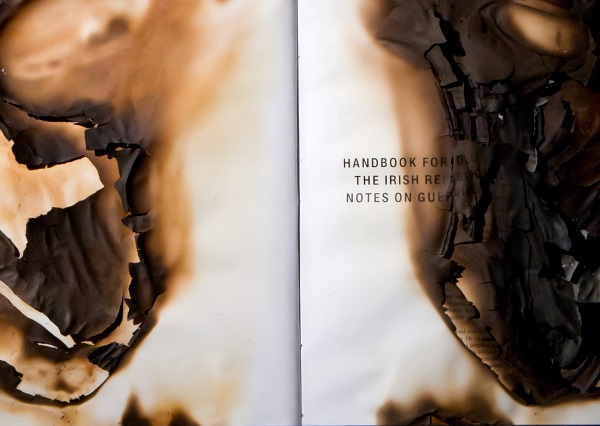From ‘Prevent’ to ‘Enable’
Reclaiming Radical Thinking Spaces Through Democratic Education
DOI:
https://doi.org/10.31273/fd.n4.2019.189Abstract
Given the increasing pressures on teachers in Further and Adult Education across a range of economic, political and managerial factors, this article argues that inquiry-based approaches to education can open up much-needed transformative learning spaces to the benefit of tutors, students and wider communities.
Through the presentation of a case study, this article suggests that the inclusion of such ‘pro-social pedagogies’ in teacher training programmes will both equip teachers with tools to facilitate dialogue, and provide reflective spaces in which they can consider their own positions regarding challenging education policy.
The case study, a ‘community philosophy enquiry’ into Prevent and Fundamental British Values involving trainee teachers in the North of England, is outlined and the ethical challenges considered.
The approach taken is based on a posthuman ‘ethics of affirmation’ (Braidotti, 2012) and a nomadic ontology which facilitates change through the joining together of agents for transformation, across a series of on- and off-line rhizomatic assemblages. The article concludes with recommendations for the further implementation of democratic educational practices such as community philosophy, which allow space and time for discussion and dissent.
Downloads

Downloads
Published
Issue
Section
License
Authors who publish with this journal agree to the following terms:
- Authors retain copyright and grant the journal right of first publication with the work simultaneously licensed under a Creative Commons Attribution Non-Commercial Share Alike License that allows others to share the work with an acknowledgement of the work's authorship and initial publication in this journal, providing it is not used for commercial purposes and any derivative work is shared with the same license.
- Authors are able to enter into separate, additional contractual arrangements for the non-exclusive distribution of the journal's published version of the work (e.g., post it to an institutional repository or publish it in a book), with an acknowledgement of its initial publication in this journal.
- Authors are permitted and encouraged to post their work online (e.g., in institutional repositories or on their website) prior to and during the submission process, as it can lead to productive exchanges, as well as earlier and greater citation of published work (See The Effect of Open Access).
